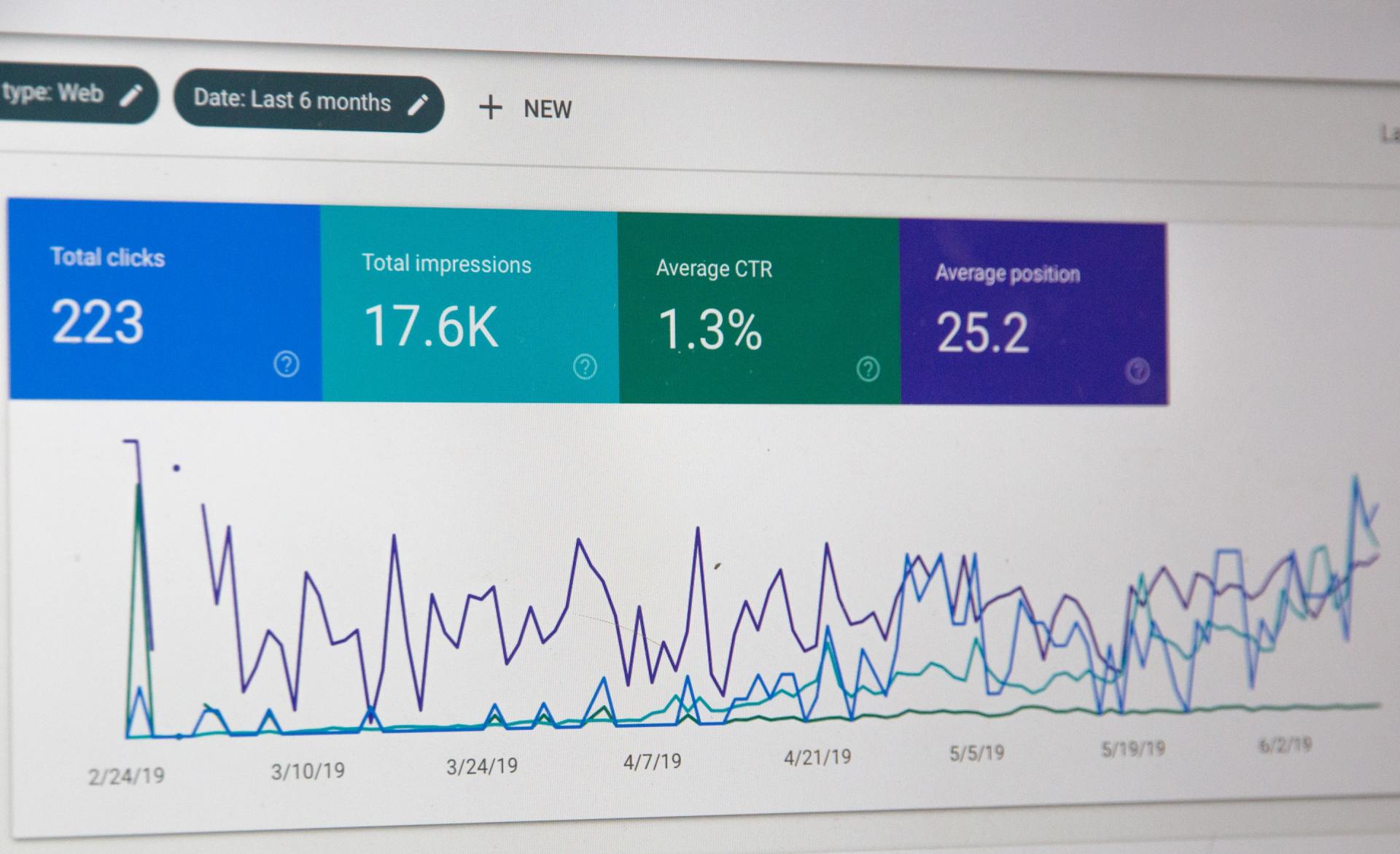Leveraging Generative AI to Boost Your Small Business
Supercharge Your Small Business with AI
Small business owners are constantly seeking innovative ways to gain a competitive edge. One of the most transformative tools at their disposal is generative AI. By leveraging this technology, businesses can enhance their online presence, improve customer engagement, and drive growth. This article will explore five unique ways small business owners can utilize generative AI to improve their business websites and, in turn, their overall operations. With real-world examples and actionable insights, you'll be equipped to integrate AI into your strategy effectively.

1. Automated Content Creation for Blogs and Social Media
Maintaining an active blog or social media presence is crucial for building brand visibility. However, creating engaging, high-quality content can be time-consuming and expensive. Generative AI tools like ChatGPT, Jasper, or Writesonic can help by crafting blog posts, social media captions, and even newsletters tailored to your audience.
For example:
- Keyword Optimization: Use AI to generate content rich in SEO-friendly keywords to improve your site's search engine ranking.
- Topic Ideas: AI can analyze trending topics in your niche and suggest blog titles and angles to keep your content fresh and relevant.
- Multilingual Posts: Tools like DeepL or Google’s Translation AI can create content in multiple languages to reach broader audiences.
A pet store, for instance, might use AI to create weekly blog posts about pet care tips, increasing organic traffic to their website. Data from a report by WordStream shows that businesses publishing regular blog content see a 55% increase in website visitors.
2. Personalized Customer Interactions with Chatbots
AI-powered chatbots have revolutionized customer service. Unlike traditional chatbots, generative AI models can simulate more human-like interactions, ensuring customers feel heard and valued. Implementing chatbots on your website can:
- Answer frequently asked questions (FAQs) promptly.
- Provide product recommendations based on user behavior.
- Collect customer feedback seamlessly.
For example, Shopify integrates AI chatbots to assist customers in finding products, which can significantly reduce cart abandonment rates. Gartner predicts that AI chatbots will handle 85% of customer service interactions by 2025.
3. Dynamic Website Personalization
Generative AI enables websites to offer personalized experiences for each visitor. By analyzing user behavior and preferences, AI can:
- Tailor product recommendations.
- Modify website layouts to match user preferences.
- Adjust promotional messages to align with customer interests.
Amazon’s recommendation engine, powered by AI, contributes to 35% of its revenue. Small businesses can adopt similar practices using affordable tools like Optimizely or Adobe Target. A study by McKinsey found that personalization can drive up to 30% revenue increases for online businesses.
4. Enhanced Marketing Campaigns through Predictive Analytics
Generative AI can process large datasets to predict market trends and customer behavior. This capability can supercharge your marketing efforts by:
- Identifying the best times to send email campaigns.
- Predicting which products are likely to trend.
- Analyzing customer feedback to refine offerings.
Tools like
Salesforce Einstein or HubSpot’s AI features enable small businesses to make data-driven decisions. For example, a boutique clothing store might analyze seasonal trends to launch timely promotions, ensuring higher sales during peak periods.
Businesses
utilizing predictive analytics report a 20% increase in marketing efficiency, according to Forrester Research.
5. Streamlined Design and Branding
Visual appeal is crucial for any business website. Generative AI can assist in creating logos, banners, and even entire website layouts that align with your brand identity. Tools like Canva’s AI features or Adobe Firefly allow users to:
- Generate unique logo designs.
- Create branded social media templates.
- Experiment with website color schemes and typography.
For example, a local bakery could use AI to design seasonal-themed visuals for their website, creating a festive appeal without hiring a graphic designer. Research by
Clutch shows that 94% of users equate design quality with website credibility.
Implementation Tips for Small Business Owners
- Start Small: Begin by integrating AI in one area, such as customer service or content creation, and expand as you see results.
- Choose User-Friendly Tools: Opt for AI platforms that don’t require technical expertise. Many tools offer intuitive interfaces and customer support.
- Monitor and Optimize: Regularly review AI-generated outputs to ensure quality and relevance. Use analytics to measure the impact on your business goals.
- Stay Ethical: Be transparent with customers about AI’s involvement in your business operations to build trust.
- Invest in Training: Equip your team with the knowledge to use AI tools effectively, maximizing their potential benefits.
Conclusion
Generative AI is no longer a futuristic concept; it’s a practical tool that small business owners can use to thrive in a competitive market. By leveraging AI for content creation, personalized customer interactions, website personalization, predictive analytics, and branding, you can significantly enhance your online presence and operational efficiency.
Remember, the key to successful integration is starting with clear objectives and gradually expanding your use of AI tools. With the right approach, generative AI can be the catalyst for your business’s growth, helping you reach new heights in customer engagement and profitability.







